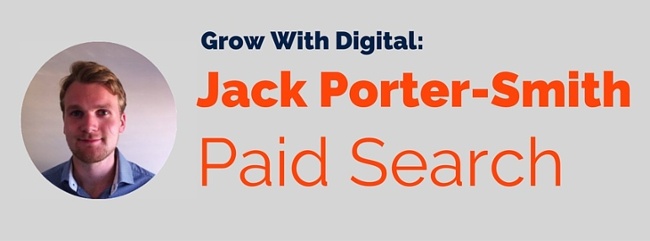
We recently interviewed Jack Porter-Smith of WSI Paid Search, a PPC expert and Google Top Ten Contributor as part of our ‘Grow With Digital’ series. Here are a few of the insights that came out of the interview.
Paid Search is so much more than traditional text ads. Pay Per Click (PPC) encompasses Retargeting, Display Marketing, eCommerce/Google Shopping and Social Display Marketing.
At our recent Digital Summit Jack was asked about “what’s the Slam Dunk for eCommerce Companies?”
Each of the above Paid Search techniques come with their own advantages and their own pain points. It’s important to understand these before you launch into trying to use them. Google is very good at getting you to spend money. It’s very easy to spend a lot of money and not get the kind of results you want, this is because although it’s easy to start placing ads it’s entirely another thing to run ads providing the best ROI possible.
The first thing you must consider is what you are doing at the strategic level. It can be tempting to dive in at the deep end and start playing around with all of the functions of the various ad platforms available to you. Getting involved with the Tactical before you think about the Strategic is a sure fire way to cause yourself long term problems.
Assuming you’re already running PPC campaigns the first thing you have to ask yourself is if you’re having success with them? If you can’t answer that question easily then you have fallen into one of the most common pitfalls of PPC campaigns. Without proper measurement, tracking and proving of ROI how can you know what is working and what isn’t? There are dozens of metrics you should be tracking when it comes to your Paid Search efforts, from Cost Per Click through to On-Site Interaction. Once you find out what is working, do more of it!
Retargeting is an area of Display Advertising that has been growing rapidly from 2009 through to today. A Retargeted Ad is especially useful because it only displays to a customer that has previously shown an interest in your product or service. The technology behind Retargeting is getting smarter every day with ‘smart’ options being the norm as opposed to single static ads that just follow users around the web. Assuming a good conversion rate of 10% of the people that click your original ad, that means the other 90% of the potential customers haven’t purchased your product. For a fraction of the price of the original ad you can now target ads at this qualified customer and gouge into that 90% and hopefully convert a good deal more customers over time. Very few customers will commit to a purchase on their first visit to a site. Retargeting allows a second, third and fourth bite at the cherry.
With all this in mind I asked Jack why so many people seem to have trouble with their PPC and are reluctant to engage with the full variety of Paid Search options that are on offer. It turns out the wealth of information, feedback and options is overwhelming for most. It’s possible to manage it all yourself, but not without devoting nearly all of your time to it. Even then chances are you’re not going to be able to do it as well as someone who does it for a living. Jack made an interesting analogy.
Suppose you have to travel 1000 miles and at the end of that 1000 miles there is some kind of reward. The only vehicle available to you is a helicopter and you don’t know how to fly it, but there is a pilot there who does. He says he’ll fly you the 1000 miles in a day and he’ll only ask 20% of the reward. You could try to walk the 1000 miles, but that would take weeks, you might get the whole reward but who knows what might happen on the way? Is the reward even worth weeks of walking? If you try to fly the helicopter yourself it’s doubtful you’ll even get it off the ground and when you do there’s a good chance you’ll crash!
Many people object to management fee’s when it comes to outsourcing their Paid Search activity. The fact is that if you take 20% of your budget and use it to have the remaining 80% properly managed by professionals you will get far better returns than if you plowed all 100% of your budget into ads yourself. Professionals like Jack dedicate all their time to Paid Search, they know every piece of software to use, how to test and what new innovations are game changers and what new innovations are going to fail.
PPC can be done in-house but it takes a long time to get results if you’re trying to learn along the way. PPC should be giving you instant results, if it’s not it means you’re using the tool in the wrong way. Whilst you can let people in the office slowly build your SEO and create your new content these are long term strategies. If SEO is your marathon then PPC is the sprint, stumbling through a sprint is not advised!
Related Post
Effective Facebook Marketing...
With over 600 million users, Facebook represents the single most connected platform on...
- March 1, 2011
- By Nadine Thomas
- Latest Online Trends
Monitor, Influence and Lead...
Get Actively Involved in the Outcome of Search Results Don’t take negative publicity...
- April 28, 2011
- By Rob Thomas
- ORM
Free Online Reputation...
Listen to What’s Being Said About You Online (Free online reputation monitoring...
- May 5, 2011
- By Rob Thomas
- ORM
Top Tips for Product Page...
As the internet evolves and user expectation becomes increasingly sophisticated, creating...
- May 31, 2011
- By Rob Thomas
- e-Commerce
How To Drive Sales With...
Landing pages have long been the primary tool of the web-savvy marketer. Whether the...
- June 12, 2011
- By Nadine Thomas
- e-Commerce
Top Tips for Product Page...
Your website marketing activities are geared to getting a qualified audience to your...
- June 14, 2011
- By Rob Thomas
- e-Commerce

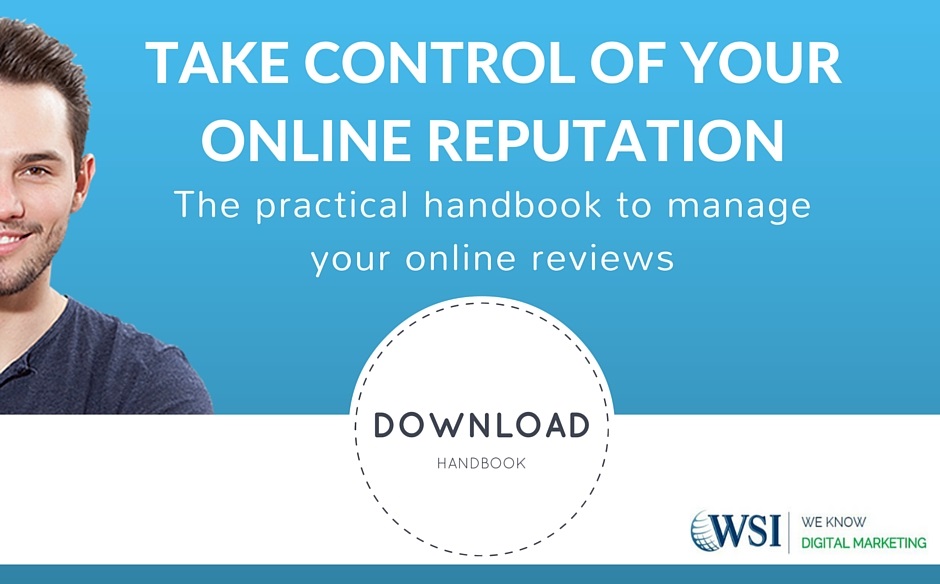



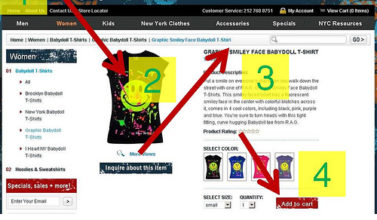
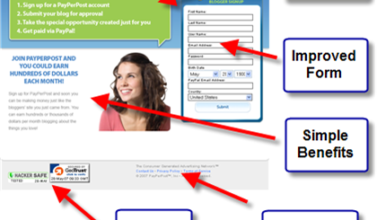
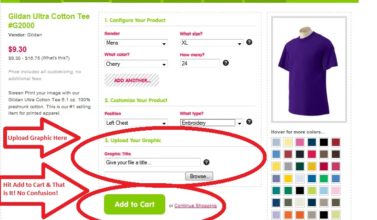




[…] In the world of SEO the (right) tactics that were being used years ago are still the things that work. Good on-site SEO combined with good quality, relevant content distributed across your online channels will bring good organic search results – eventually. Remember, achieving rankings through organic SEO is not something that will happen overnight; it takes time and effort. It is a marathon, not a sprint, and is something you have to keep doing. If you want quick and immediate rankings, then you need to consider paid search advertising. […]